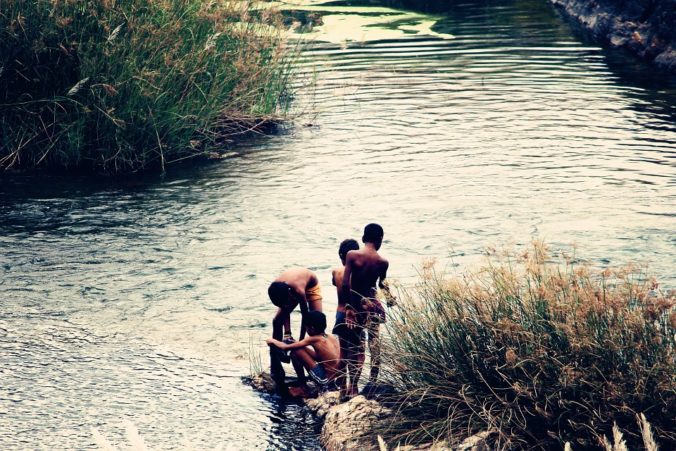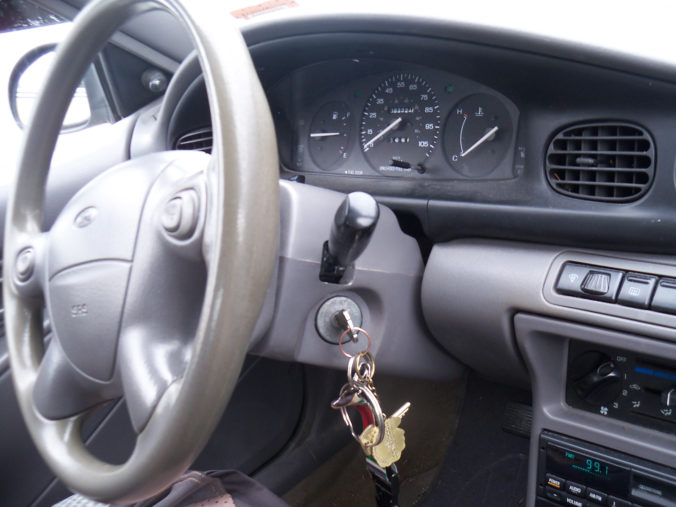A few things that people who know me well will attest to:
- I hate cold and rain. I choose my OSU football game attendance based on these things.
- I’m a fair-weather runner. See above.
- I love food.
Based on the evidence above, my current state of bliss seems unmerited.
This week I’ve been taking on a seasonal reset, enjoying a mono-diet of kitchari and juice and little else. I even went All In and gave up the coffee and subsequently gave myself the side eye. Can I tell you about the first 2 days of such cleanliness of eating? Misery. Anger. Haze. Tiiiiirrrreeeeeddddd.
I reminded myself that everything is temporary, that I would soon eat foods I love again, and stopped checking Instagram. (Y’all post a lot of food. Please stop.) I ranted to all my closest (and even furthest) friends about my dissatisfaction.
Last night I turned a corner after the last dose of green juice. This morning I was slated to run hills for an upcoming half marathon for which I’m training trying to prevent myself from dying. It was 48°, overcast, and I hate running anything but a straight, flat line. Yet here I was, per my sister’s training instructions, running the same steep hill 10 times.
By hill #3 I was tired. And then, it started to rain. You guys. I hate cold and wet. Instead of quitting, like I wanted to do when denying myself a sandwich, I decided go All In. To simply be present to each step. Instead of zoning out with daydreams and my music, I tuned into the push/pull action of my hamstrings and quadriceps. I told myself, “it’s just rain.” And eventually, it stopped. Or, I stopped noticing. To me, it’s the same thing.
“What we discipline is not our “badness” or our “wrongness.” What we discipline is any form of potential escape from reality. In other words, discipline allows us to be right here and connect with the richness of the moment.” – Pema Chodron
I love this new take on discipline; I’m not just training myself to crave better things, though it is a delightful side effect. And I’m not just preparing my body to run faster or farther, although that, too, will come in handy on April 29. The discipline is to bring myself into my body, instead of believing everything my mind tells me, such as “this is hard” or “I’m going to dissipate if I don’t eat something else!”
The food I missed, the ease of flat trails – these are things I use to avoid feeling the moment. They’re familiar and I’m able to live on autopilot while I engage them. But limiting my intake (this week included the media and the social/emotional stimulus as well as food) gave me a chance to process. It had a chance to move through me, and I felt it. I couldn’t numb it with familiarity. And letting it go, working through it instead of around it, provided me new freedom.
I feel really good today. Sore, tired, and a tad hungry – but good. I’ve remembered what it was like to feel. I gifted myself the experience of now, knowing full well that now is fleeting.
This week has become a deeper glimpse into what I’ve meant by, “listen to the inner wisdom of your body.” The discipline goes beyond craving familiar and comforting and into the world of being present to what is real. Right here, right now.


